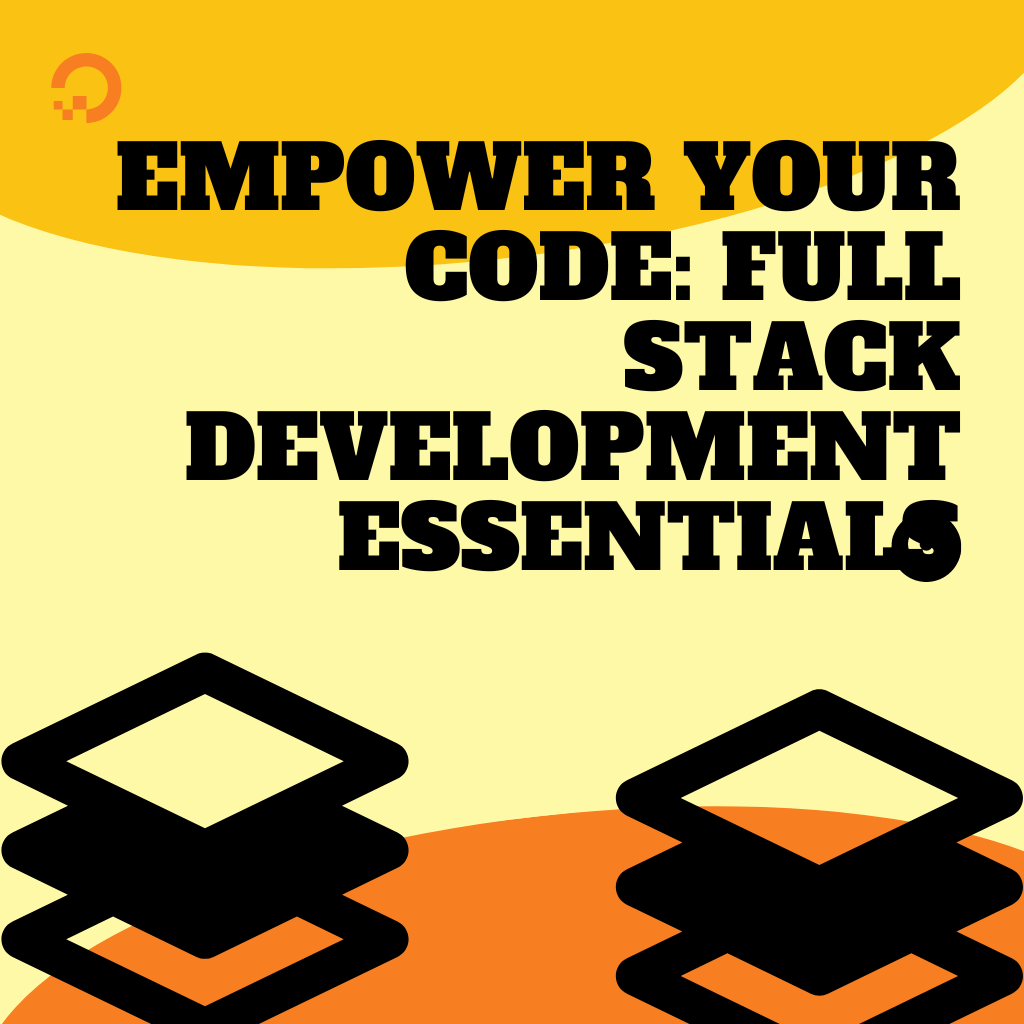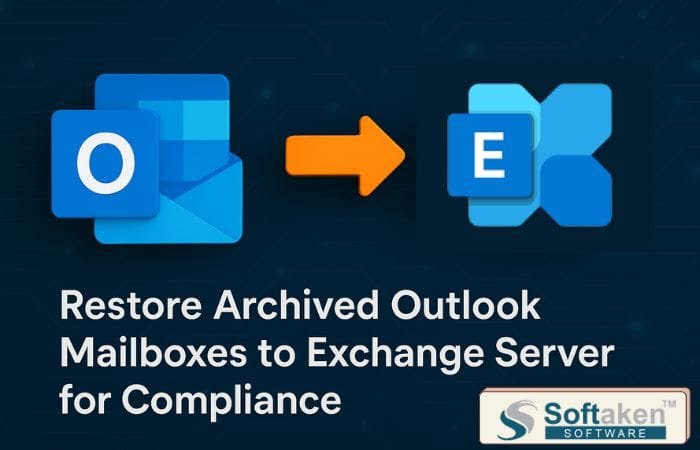In the ever-evolving landscape of technology, Full Stack Development has emerged as a key player, encapsulating the entire spectrum of web development. The term “Full Stack” refers to developers who possess the skills to work on both the frontend and backend of a web application. In this comprehensive guide, we’ll delve into the essentials of Full Stack Development, empowering your code and expanding your horizons in the world of software engineering.
1. Understanding Full Stack Development:
Full Stack Development involves proficiency in both frontend and backend technologies. On the frontend, developers work with technologies like HTML, CSS, and JavaScript to create the user interface. On the backend, they manage server-side logic, databases, and application integration. A Full Stack Developer can seamlessly navigate through the entire development process, from conceptualizing the user interface to managing server infrastructure.
2. The Core Technologies:
- Frontend Technologies:
- HTML/CSS: These form the building blocks of web development. HTML structures the content, while CSS styles it, providing a visually appealing layout.
- JavaScript: As the scripting language for the web, JavaScript adds interactivity and dynamic behavior to web pages. Libraries like React and frameworks like Angular enhance the frontend development experience.
- Backend Technologies:
- Server-side Languages: Python, Ruby, Java, and Node.js are popular choices. Each language offers unique strengths in handling server-side logic.
- Databases: MySQL, PostgreSQL, MongoDB, and Firebase are examples of databases used to store and retrieve data. Full Stack Developers should be adept at both relational and NoSQL databases.
3. Version Control:
Version control is fundamental in collaborative development. Platforms like Git allow developers to track changes, collaborate seamlessly, and revert to previous versions if needed. Understanding version control is crucial for Full Stack Developers working on complex projects with multiple contributors.
4. Web Servers and Hosting:
Full Stack Developers need to deploy and manage web applications on servers. Familiarity with web servers like Apache or Nginx is essential. Additionally, knowledge of cloud platforms like AWS, Heroku, or DigitalOcean is beneficial for hosting and scaling applications.
5. API (Application Programming Interface) Development:
APIs enable communication between different software applications. Full Stack Developers should be proficient in designing and implementing RESTful APIs. This skill is vital for integrating frontend and backend components and facilitating data exchange.
6. Frontend Frameworks:
- React: Developed by Facebook, React is a popular JavaScript library for building user interfaces. Its component-based architecture simplifies UI development and maintenance.
- Angular: Developed by Google, Angular is a robust frontend framework that provides a structured approach to building dynamic web applications. It supports two-way data binding and modular development.
- Vue.js: Vue.js is a progressive JavaScript framework that is easy to integrate into existing projects. It excels in building single-page applications and is known for its simplicity and flexibility.
7. Backend Frameworks:
- Django (Python): Django is a high-level Python web framework that encourages rapid development and clean, pragmatic design. It follows the model-view-controller (MVC) architectural pattern.
- Ruby on Rails (Ruby): Known for its simplicity and convention over configuration approach, Ruby on Rails is a full-stack web application framework written in Ruby. It emphasizes developer productivity and code elegance.
- Express.js (Node.js): A minimal and flexible Node.js web application framework, Express.js is widely used for building scalable and maintainable server-side applications. It is often used with the MongoDB database in the MEAN stack.
8. Database Management:
- Relational Databases: Full Stack Developers should understand the principles of relational databases and SQL (Structured Query Language). MySQL and PostgreSQL are widely used relational database management systems.
- NoSQL Databases: For scenarios requiring flexible and scalable data storage, knowledge of NoSQL databases like MongoDB is essential.
9. Security Best Practices:
Understanding security is paramount in Full Stack Development. Developers should be aware of common vulnerabilities such as SQL injection, cross-site scripting (XSS), and cross-site request forgery (CSRF). Implementing secure coding practices and staying updated on security trends is crucial for safeguarding applications.
10. Testing and Debugging:
Full Stack Developers need to ensure the reliability and functionality of both frontend and backend components. Testing frameworks like Jest for JavaScript and Pytest for Python aid in writing and executing test cases. Proficiency in debugging tools is essential for identifying and resolving issues efficiently.
Containerization and Docker
Containerization simplifies the deployment and scaling of applications. Docker provides a platform for developing, shipping and running applications in containers. Full Stack Developers should understand containerization principles to optimize application deployment.
Continuous Integration and Deployment
CI/CD pipelines automate the testing and deployment processes. Tools like Jenkins, Travis CI, and GitLab CI/CD enable Full Stack Developers to maintain a continuous integration workflow, ensuring code quality and timely releases.
Soft Skills
Beyond technical skills, Full Stack Developers should possess effective communication and problem-solving skills. Collaborative teamwork, adaptability, and the ability to grasp both business and technical requirements are essential for success in a Full Stack role.
Building Real-world Projects
Practical experience is invaluable in Full Stack Development. Building real-world projects allows developers to apply theoretical knowledge, troubleshoot challenges, and enhance problem-solving skills. Personal projects and contributions to open-source projects can strengthen a Full Stack Developer’s portfolio.
Conclusion
Embark on the journey of becoming a Full Stack Developer with our comprehensive Full Stack Developer Course in Aligarh, Delhi, Noida, Lucknow, and other cities in India. Master frontend and backend technologies, database management, and development best practices. Position yourself for success in the dynamic world of technology.






Tech content on this site may include contributed articles and partnerships with industry voices. Learn more in our Editorial Policy.